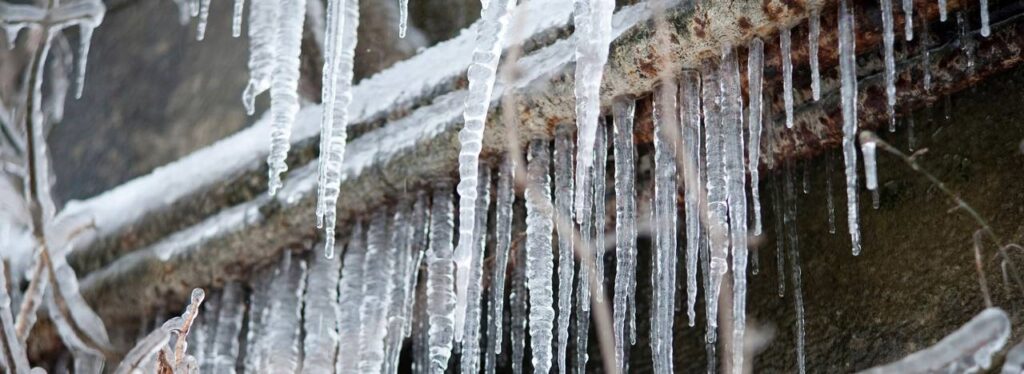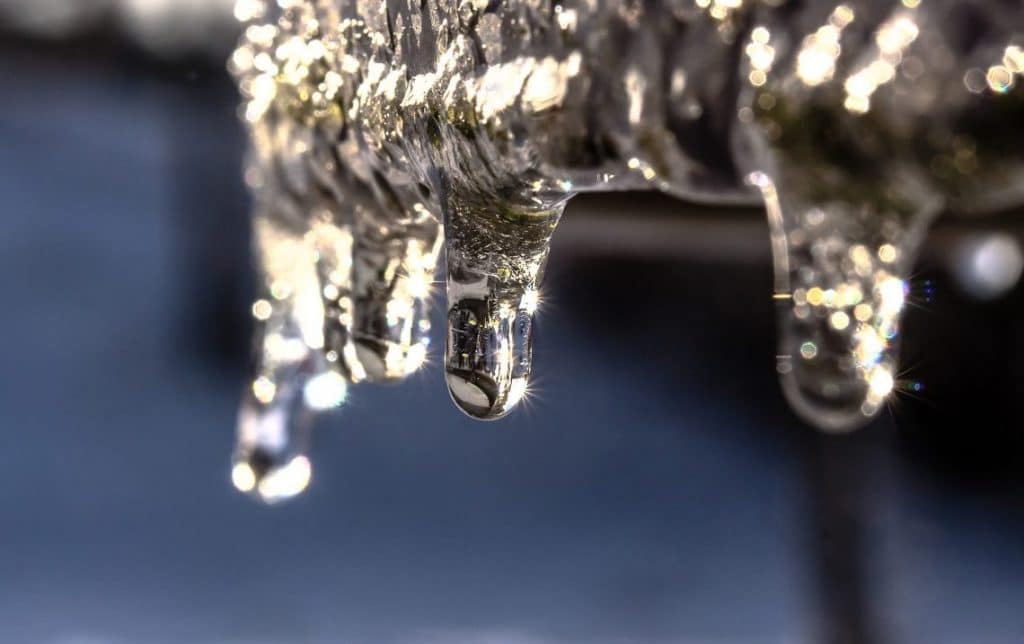Protecting Against Frozen Plumbing: Top Methods for Winter
Protecting Against Frozen Plumbing: Top Methods for Winter
Blog Article
We have stumbled upon this article relating to How to Prevent Your Pipes From Freezing listed below on the net and felt it made sense to relate it with you over here.

Cold weather can wreak havoc on your plumbing, particularly by freezing pipelines. Right here's exactly how to avoid it from happening and what to do if it does.
Introduction
As temperature levels decline, the danger of icy pipelines boosts, possibly leading to pricey fixings and water damages. Comprehending just how to avoid frozen pipes is essential for property owners in chilly climates.
Prevention Tips
Insulating prone pipes
Wrap pipelines in insulation sleeves or utilize heat tape to secure them from freezing temperature levels. Concentrate on pipelines in unheated or outside areas of the home.
Heating methods
Keep interior areas properly heated, specifically areas with pipes. Open up cupboard doors to enable cozy air to circulate around pipelines under sinks.
How to determine frozen pipelines
Try to find lowered water flow from faucets, uncommon smells or sounds from pipelines, and visible frost on exposed pipelines.
Long-Term Solutions
Structural changes
Consider rerouting pipes away from exterior wall surfaces or unheated areas. Add extra insulation to attics, cellars, and crawl spaces.
Updating insulation
Purchase high-quality insulation for pipes, attic rooms, and walls. Correct insulation assists keep regular temperatures and lowers the risk of icy pipelines.
Protecting Outside Plumbing
Yard pipes and outdoor taps
Disconnect and drain pipes garden pipes before winter months. Mount frost-proof faucets or cover outdoor faucets with shielded caps.
Comprehending Frozen Pipelines
What causes pipes to ice up?
Pipelines ice up when exposed to temperature levels listed below 32 ° F (0 ° C) for extended periods. As water inside the pipes ices up, it expands, putting pressure on the pipe walls and potentially causing them to burst.
Threats and damages
Icy pipes can lead to water disruptions, home damages, and expensive repair services. Ruptured pipes can flood homes and trigger comprehensive structural damage.
Indicators of Frozen Pipes
Determining frozen pipelines early can avoid them from bursting.
What to Do If Your Pipelines Freeze
Immediate activities to take
If you suspect frozen pipes, keep taps available to soothe pressure as the ice melts. Utilize a hairdryer or towels soaked in hot water to thaw pipes slowly.
Final thought
Stopping icy pipes calls for positive procedures and fast reactions. By understanding the causes, signs, and preventive measures, property owners can safeguard their plumbing during cold weather.
Helpful Tips to Prevent Frozen Pipes this Winter
UNDERSTANDING THE BASICS: WHY PIPES FREEZE AND WHY IT’S A PROBLEM
Water freezing inside pipes is common during the winter months, but understanding why pipes freeze, and the potential problems it can cause is crucial in preventing such incidents. This section will delve into the basics of why pipes freeze and the associated problems that may arise.
THE SCIENCE BEHIND FROZEN PIPES
When water reaches freezing temperatures, it undergoes a physical transformation and solidifies into ice. This expansion of water as it freezes is the primary reason pipes can burst. As the water inside the pipe freezes, it expands, creating immense pressure on the walls. If the pressure becomes too great, the pipe can crack or rupture, leading to leaks and water damage.
FACTORS THAT CONTRIBUTE TO PIPE FREEZING
Low Temperatures: Extremely cold weather, especially below freezing, increases the risk of pipes freezing. Uninsulated or Poorly Insulated Pipes: Pipes located in unheated areas, such as basements, crawl spaces, or attics, are more prone to freezing. Insufficient insulation or lack of insulation altogether exacerbates the problem. Exterior Wall Exposure: Pipes running along exterior walls are susceptible to freezing as they encounter colder temperatures outside. Lack of Heating or Temperature Regulation: Inadequate heating or inconsistent temperature control in your home can contribute to frozen pipes. PROBLEMS CAUSED BY FROZEN PIPES
- Pipe Bursting: As mentioned earlier, the expansion of water as it freezes can cause pipes to burst, resulting in significant water damage.
- Water Damage: When pipes burst, it can lead to flooding and water damage to your property, including walls, ceilings, flooring, and personal belongings.
- Structural Damage: Prolonged exposure to water from burst pipes can compromise the structural integrity of your home, leading to costly repairs.
- Mold and Mildew Growth: Excess moisture from water damage can create a favorable environment for mold and mildew growth, posing health risks to occupants.
- Disrupted Water Supply: Frozen pipes can also result in a complete or partial loss of water supply until the issue is resolved.
WHY CERTAIN PIPES ARE MORE PRONE TO FREEZING
- Location: Pipes located in unheated or poorly insulated areas, such as basements, crawl spaces, attics, or exterior walls, are at higher risk of freezing.
- Exterior Pipes: Outdoor pipes, such as those used for irrigation or exposed plumbing, are particularly vulnerable to freezing as they are directly exposed to the elements.
- Supply Lines: Pipes that carry water from the main water supply into your home, including the main water line, are critical to protect as freezing in these lines can affect your entire plumbing system.
- Underground Pipes: Pipes buried underground, such as those connected to sprinkler systems or outdoor faucets, can be susceptible to freezing if not properly insulated.
https://busybusy.com/blog/helpful-tips-to-prevent-frozen-pipes-this-winter/

Do you appreciate more info about Winter Plumbing Precautions: Preventing Frozen Pipes? Try leaving a review below. We would be happy to find out your suggestions about this blog entry. Hoping to see you back again before long. You should take a moment to promote this blog post if you appreciated it. Bless you for your time. Please check up our blog back soon.
Maintenance Sign-Up Report this page